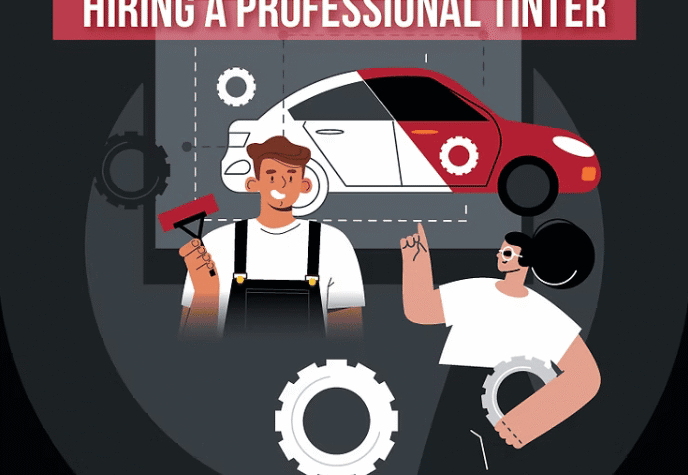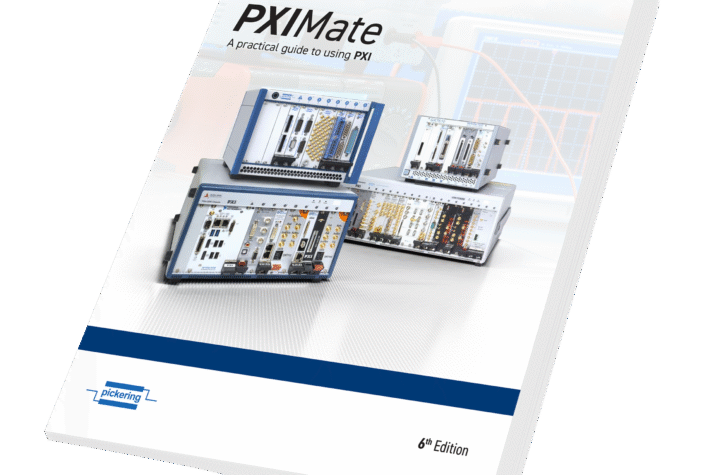
 What is the correlation between manufacturing performance and quality? That question comes up a lot this time of year because of the publication of The Harbour Report, Harbour and Associates’ comprehensive guide to automotive manufacturing performance, and J.D. Power and Associates’ Initial Quality Survey of new vehicles.
What is the correlation between manufacturing performance and quality? That question comes up a lot this time of year because of the publication of The Harbour Report, Harbour and Associates’ comprehensive guide to automotive manufacturing performance, and J.D. Power and Associates’ Initial Quality Survey of new vehicles.
These two key industry reports may deal with different subjects. But the two reports are inextricably linked because many of the same processes and practices that improve a plant’s quality performance also impact manufacturing operations as well.
As part of The Harbour Report’s study of automotive manufacturing, our Harbour team looks at all of the factors that impact a manufacturer’s total operation. Today, every automotive company knows the importance of lean manufacturing, and every manufacturer is making an effort to eliminate waste, reduce cost and improve the quality of its operation as well as its products.
If you visit a plant, there are numerous things to look for that are telltale signs of progress, such as:
- Work is distributed evenly throughout the production process.
- Just-in-time practices ensure that the right parts are being delivered at the right time and in the quantity needed.
- Waste is being eliminated through improved control of production schedules, material usage and inventory levels.
- A flexible workforce is trained to handle different processes, equipment and job requirements depending on changing production needs.
- Error-proofing and Andon systems are in evidence to detect and prevent defective parts from moving into subsequent stages of production.
- There is strong proof of a lean manufacturing and continuous improvement culture throughout an organization.
Over the years, Harbour has noted that the companies that have made the biggest productivity improvements often have seen big gains in their quality numbers as well. After all, the key objectives of a lean manufacturing operation are elimination of waste, reduction of costs and improvement in quality.
Likewise, companies that are focusing hard on quality are more likely to see big improvements in productivity.
Quality and manufacturing are closely related because improving one aspect almost always improves the other. For example, companies that truly are working on quality are likely to be putting in manufacturing systems in which error-proofing and other quality procedures are implemented at every step of the production process. The result is fewer hours for repair and rework, which improves both productivity and quality results.
Companies that focus on easier-to-manufacture designs often are getting the resulting benefit of higher quality products that can be made with fewer resources and less capital. What’s more, better process engineering and product design reduce the need for on-line inspections. There is less rework being done at the end of the process, as well as fewer repairs at the dealer level, which means lower warranty costs.
As a result, companies that are targeting their efforts at improving their manufacturing operations and their quality numbers more often than not are reaping benefits on both fronts. High quality does not always equal high productivity performance because there are companies achieving strong quality levels without high productivity. These plants are trying to get products out the door through heavy inspection and repair before shipping. But the companies that achieve high quality with high productivity are getting the best results at the lowest cost.
Improving manufacturing processes must be a key strategic initiative for any automotive manufacturer these days. Improving quality also must be at the top of a company’s priority list. By looking at improving both productivity and quality together, manufacturers can experience the best of both worlds.
Ron Harbour is president of Harbour and Associates, manufacturing consultants in Troy, Mich. http://www.harbourinc.com/












More Stories
What You Need to Know About Tire Pressure in Winter vs Summer
Essential Features to Look for in ADAS Calibration Systems
Your Guide to Filing a Car Accident Claim